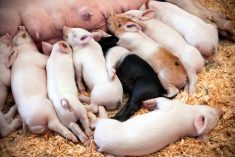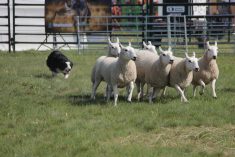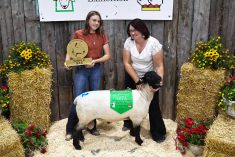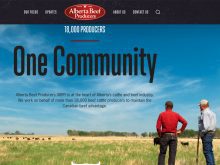HIGH RIVER, Alta. – Cattle sellers and buyers have another lane on the information highway.
A new internet auction operated out of Highwood Auction-Pincher Creek based at High River is offering additional competition in the way calves are sold electronically.
Direct Livestock Marketing Systems, or DLMS, started auctioning feeders May 13 over the internet and has since sold more than 15,000 western Canadian cattle.
“We’re averaging 25 bona fide cattle buyers every Monday on our site so the producer should be happy to see that,” said field manager Marlon Ellerby.
Read Also
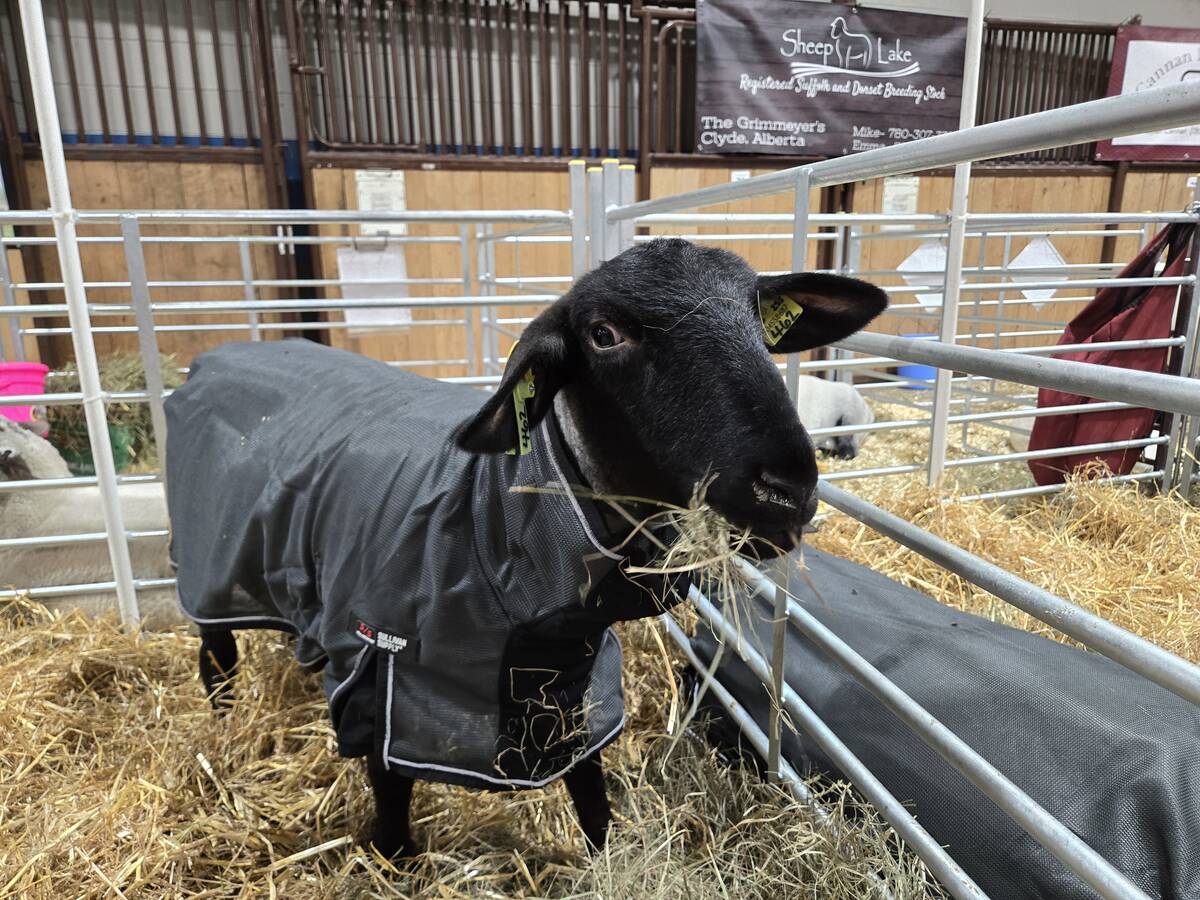
Sheep sector navigates changes in traceability
The sheep sector is developing advanced traceability systems and addressing ongoing challenges in accessing veterinary drugs and treatments.
The system is delivered on dial-up or high speed connections and brings a live weekly auction to the seller’s farm.
The cattle remain at home and face less transportation stress. The only time they need to leave is when they go to their new home or if they have to be weighed after the sale at an off-farm scale.
The service has more than 20 field agents who come to the farm to select and photograph the cattle. They also discuss market trends and what is considered a reasonable asking price.
“The buyers trust the agent,” said Judy Sanderson, who administers the system and clerks the electronic sale.
“If we have an agent who does not describe the cattle properly, then our system isn’t going to work. There is a lot of faith in what you are purchasing,” she said.
The setup is similar to The Electronic Auction Market, or TEAM, sale from the Calgary Public Stockyards. It is also competing against an on-line auction offered through Nilsson Bros. at Clyde, Alta.
“You want a healthy competition,” said Sanderson.
The difference between TEAM and DLMS is a live auctioneer who describes each lot, chats up the offering and sells the cattle rapidly.
A recent offering of 500 cattle was sold in 11 minutes. A sales summary is available shortly after.
A complete sale catalogue is available on-line just before the sale.
Once the sale is activated, buyers, sellers and observers see colour pictures of the cattle, a written description of breed type, weight, breeding, health programs and other pertinent details provided by field agents.
Observers also know who is bidding.
The seller lists the asking price and delivery dates. If the seller does not get his asking price, the cattle are passed.
The sale follows the same terms and conditions as traditional auctions. Payment is made in cash or cheque.
Live video footage was considered so people could see the cattle move. However, many customers rely on dial-up internet services and that level of technology does not provide a reliable video.
There is no minimum number required for a sale. However, if the number is small the seller may be better off going to the local auction market. Working with neighbours to fill a load can make trucking more economical.
“Chances are a buyer is not going to buy your cattle unless there is a neighbour close to you who is selling too, and then we can get a full load,” Sanderson said.
Those registering to go on-line have to download the auction software. Those with older computers on a dial-up system may need up to a half hour to download the program.
There are eight computer stations in the Highwood market so people can watch the sale from the café as well as other places in the building. Order buyers at ringside can also join the sale with wireless or from one of the stations.
The next foray is a purebred sale of 700 bulls in January. Test runs were done in October to make sure the system can work accurately and with the same speed as the live ring.





